
RT, Sputnik and Russia’s New Theory of War
How the Kremlin built one of the most powerful information weapons of the 21st century — and why it may be impossible to stop.
Read or listen offline
Amazon KindleRecommendation
According to a January 2017 American intelligence report, Russian hackers launched an extensive disinformation campaign during the 2016 US presidential election that included the propagation of fake news stories on the Internet, all aimed at discrediting Hillary Clinton and undermining public faith in the US electoral process. One US intelligence official called the attack “the political equivalent of 9/11” – and Americans are only beginning to grasp the magnitude of Russia’s actions. In an in-depth article for The New York Times Magazine, journalist Jim Rutenberg narrows in on one central driver of Russia’s influence campaign: the English-language television network RT. getAbstract recommends this riveting account to anyone following this unfolding story of modern media manipulation.
Summary
About the Author
Jim Rutenberg is The New York Times’s media columnist and writer at large for The New York Times magazine.





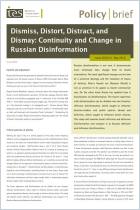
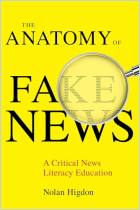
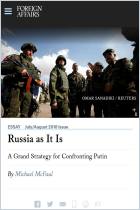
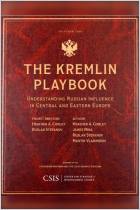
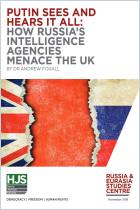
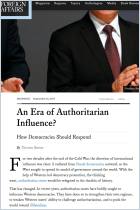


Comment on this summary